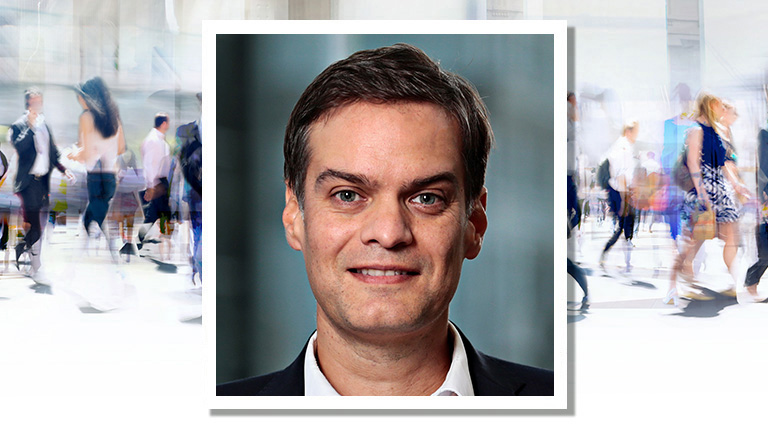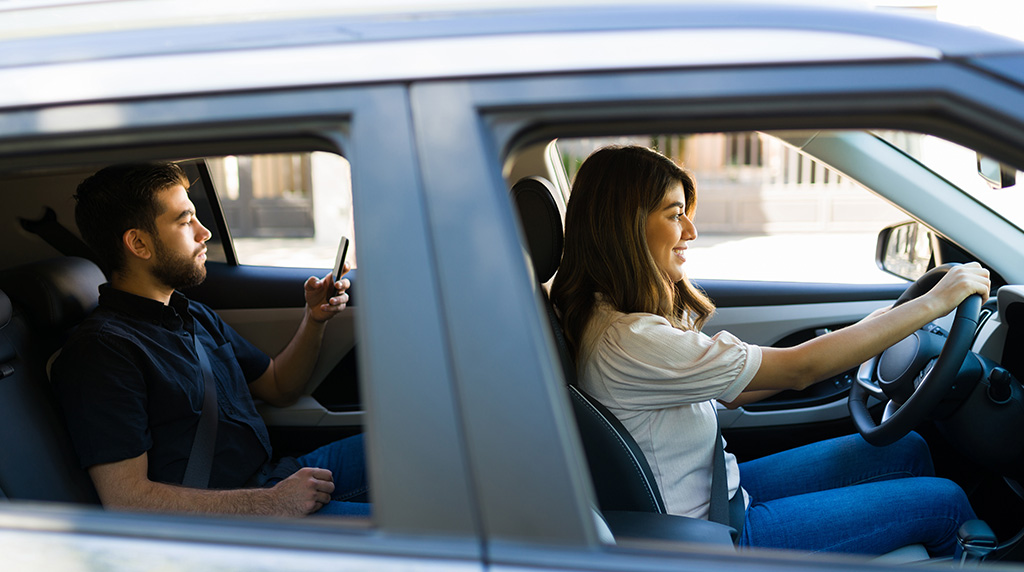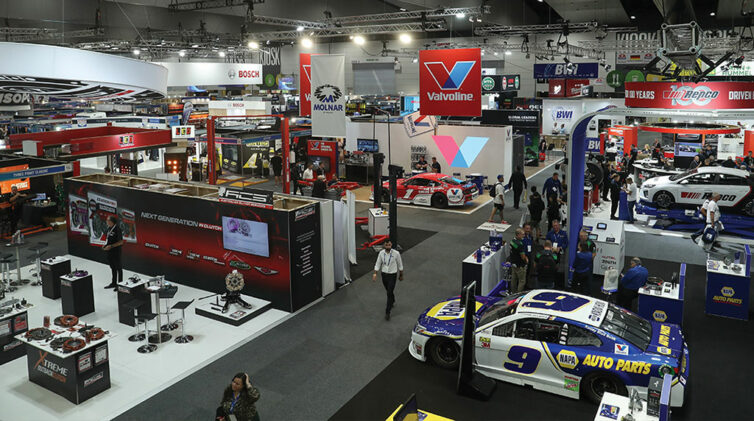Now Splend, which is a major provider of flexible vehicle subscriptions for rideshare and delivery drivers, has partnered in the UK with Uber to support the Clean Air Plan that aims to have every driver in London on the app in an EV by 2025 and the rest of the UK by 2030.
The plan centres on replacing internal-combustion engine (ICE) vehicles with EVs to reduce air pollution in London.
In addition to its partnership with Uber, Splend is also trialling EV delivery vans in NSW that are available for a new-wave of customers focused on the urban delivery business of goods including produce and parcels.
Splend COO Philip Clump told GoAutoNews Premium that the concept, which started its trial a month ago after Splend bought 30 EV vans from Chinese car-maker BYD.
“We believe we are the first business doing subscriptions on electric vans in Australia, allowing people to subscribe to work on delivery platforms in an EV,” he said.
“We have started in NSW but already have strong demand from customers in Queensland and Victoria. It’s looking very, very promising.”
To accelerate Splend’s transition to green mobility – which buys its vehicles and provides them to customers via a subscription based plan – has just secured $150 million in a capital raising with UK investment company Pollen Street. The funds will, in part, help the company go green and aim at buying 10,000 EVs for their customers in Australia and the UK by 2024.
Mr Clump said Splend no longer buys ICEs for their UK fleet. Subscription plans for customers in the UK include the MG 5 Long Range, Volkswagen ID.3 Long Range and the Hyundai Kona Electric Premium.
The move dovetails with the partnership with Uber’s Clean Air Plan. It also suits Splend which has access to a wide range of EVs in the UK and which suit the budgets of customers.
“There’s a greater availability of products at more affordable prices, because clearly more expensive cars are going to mean a more expensive subscription,” he said.
“We have to consider the budgets and the earnings of our customers.
“Because of legislation in the UK to force manufacturers to produce cars with lower emissions, there is a range of less-expensive EVs in the UK meaning customers have a greater choice of vehicle,” Mr Clump said.
“That legislation isn’t currently in Australia but I think it’s something that the Labor government hinted they may be considering.”
He said that Splend is offering EVs to Australian customers.
“Much of that depends on the availability of EVs. Ideally, we’d love to be in a position where we can add 500 EVs to our Australian fleet by the end of this year. That’s the target.”
“We believe there are still a lot of opportunities and a lot of growth in the markets that we’re currently in,” he said.
“We will continue to monitor other markets that look attractive and may be a fit for our future expansion plans.”
Splend appeals to a diverse customer base but Mr Clump said many are people that may not be otherwise able to get car finance through traditional channels.
“So we’re an alternative finance. We’re giving people the opportunity to own a vehicle that they otherwise probably wouldn’t have been able to do for quite some time,” he said.
“It’s a daunting experience for anyone to buy a car. So some of our customer experience improvements have been around language differences and so, to assist, we have done things like open our member support centres for longer hours on weekends.”
Splend purchases its vehicles in bulk, both from dealerships and direct from OEMs. Mr Clump said it then provides a subscription vehicle that is rideshare ready and includes damage and loss waiver, maintenance, registration and “all the costs associated with driving that vehicle on a rideshare platform.”
“Then we come up with a weekly subscription. We have our Flexi Own product that allows a driver to keep that vehicle for four years and then own it at the end.”
“The benefit of the new car is that they attract higher ratings from passengers, the car has less downtime because it’s new and has newer technology.
“The new car also has a higher safety rating – cars have to have a five-star rating to operate on the Uber platform – which we see directly in our accident data.
“Cars that have a collision warning are less involved in accidents than the same car that didn’t have that feature in 2000, for example,” Mr Clump said.
By Neil Dowling













 Read More: Related articles
Read More: Related articles

